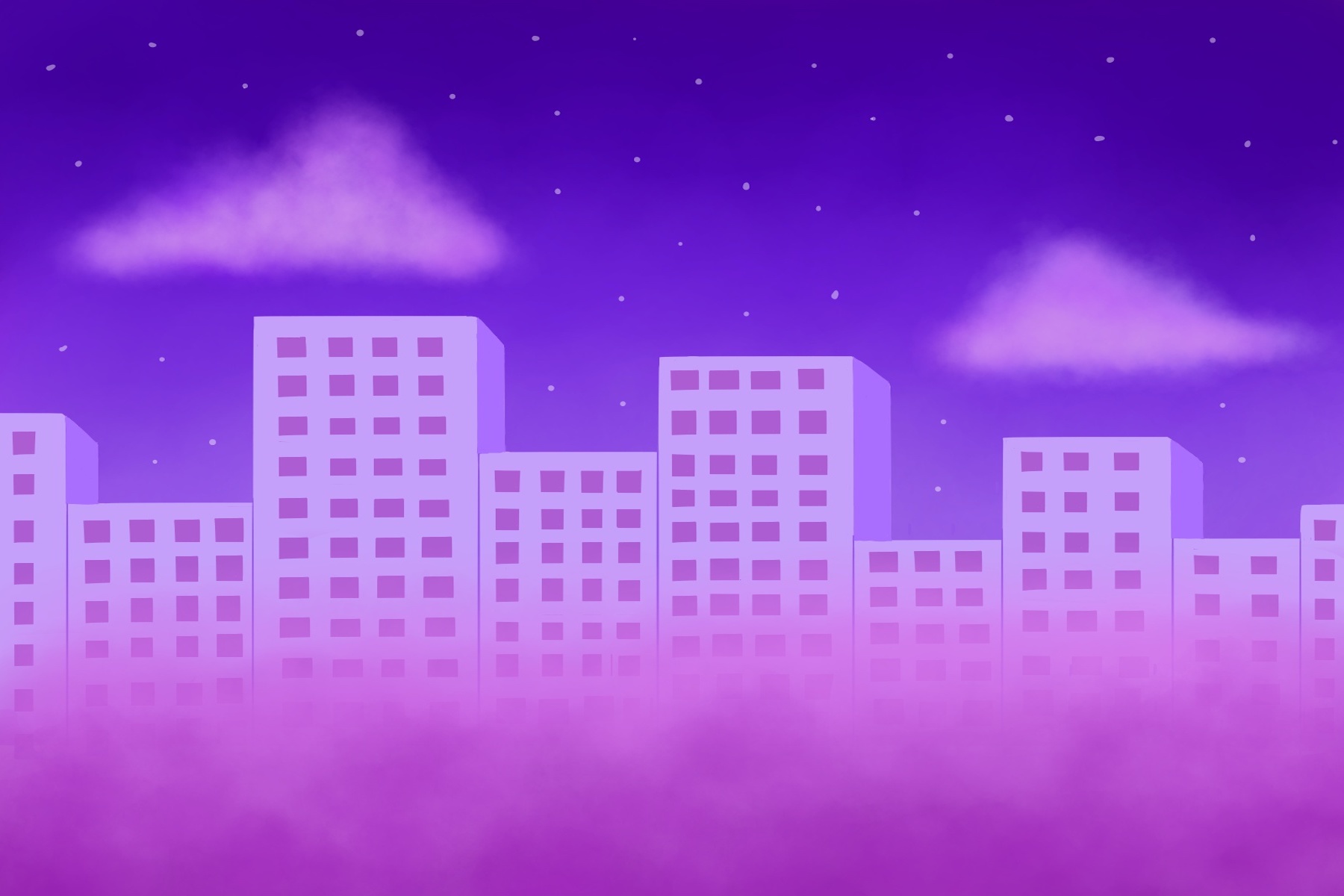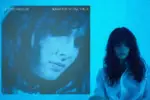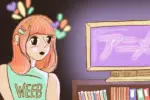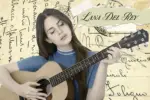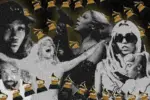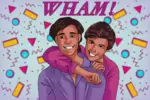The moon is overhead, and the road is empty aside from you, your car and the tall street lamps adorning the side of the highway. Reflected in your rearview mirrors are the lights of the city: colorful and neon but not blindingly bright. You are neither sleepy nor glaringly awake, but you can sense an emotion rising within you. Is it sadness, love, happiness or nostalgia? You’re unsure, but you know the remainder of your drive will be full of this hazy feeling. This is the emotion evoked by city pop, a Japanese genre popular in the ‘80s that has once again become an international sensation.
City pop began in the late-‘70s and was a hit among adults in its home country of Japan. The genre was born at a time where Japanese media was taking influence from the West with its television shows, movies and music. When listening to city pop, you’ll no doubt hear some familiar instruments that heavily defined the ‘80s in America and Europe. The difference between city pop and western pop — aside from the obvious language barrier — was the target audience.
Yutaka Kimura, a Japanese music journalist, defines city pop as “urban pop music for those with urban lifestyles.” All aspects of city life in the late-‘70s to mid-‘80s are what make the genre so glamorous and familiar. As listeners, we can put a city-like aesthetic to the music just by how it sounds and visa versa. Listeners then relate those visuals to the music even when sound isn’t present. Even with a strong visual component, city pop mysteriously disappeared after the mid-‘80s.
Similar to America, the United Kingdom and anyone who has been through middle school, Japan had a punk phase. The Japanese punk era coincided with the age of city pop, with many Japanese punks rebelling against the genre because it was mainstream, cheesy and for “yuppies.” Just like how punks in the West hated hippies, punks in Japan hated city pop. Because Japanese youth weren’t into the genre, it quickly died out when said youth became adults with access to more music.
Fast-forward 40 years and city pop is now trendy among niche groups of young adults in the West, the complete opposite of the genre’s original target audience. This rise in popularity is due to a few factors, the first being that millennials and Gen Z are the first Western generations to grow up with anime. Be it “Dragon Ball Z” or “Sailor Moon,” anime from the ‘80s and ‘90s was airing on TV in the West when today’s young adults were children. These anime had visuals akin to the city pop style, and even had theme songs within the genre.
https://www.youtube.com/watch?v=lQrDASSYKmw
With whole generations influenced by older anime, a familiarity to the genre was unknowingly built into anime fans in the West. In fact, most city pop playlists feature videos of anime from the ’80s and ’90s to further push the vintage aesthetic.
Another factor contributing to city pop’s rise in the West is the current nostalgia wave Western media is riding on. After the neo-futurism of the early to mid-2000s, mainstream artists in the 2010s began releasing ‘80s inspired music. This lead to the popularity of thrifting clothes that look older, buying albums on vinyl and bringing back polaroid cameras. With young adults growing up on retro anime and craving nostalgia for eras they didn’t live through, there was bound to be overlap between the two.
The first hint of city pop’s international rise began with the birth of new genres. Future funk, vaporwave and other such genres’ artists began to sample songs from the ‘80s — usually from Japan — to give an ethereal feeling of being new music with an older but improved sound. Fans of these genres dug deep to find where their favorite artists discovered their samples and boom, city pop was all over the internet.
If you’ve searched for ‘80s pop music enough on YouTube, you have most likely stumbled on a suggested video for a song titled “Plastic Love.” Mariya Takeuchi’s single from her 1984 album, “VARIETY,” was unheard of outside of Japan until it amassed 26 million views when posted on YouTube in 2017. Because of its sudden resurgence in the internet age, the song popularized a forgotten genre of music to a foreign audience. Due to the song’s influence, “Plastic Love” has been hailed as one of the best pop songs ever recorded.
“Plastic Love” is the perfect blend of catchy and emotional and is easy to dance to but also easy to study to. There’s a sincere timbre to Takeuchi’s voice that — even without knowing Japanese — touches listeners deeply. You might not know what she’s saying, but you can feel what Takeuchi is feeling. Heartfelt feelings evoked by the music combined with hazy nightlife imagery is what defines city pop. The feeling of being both modern and nostalgic yet bitter and sweet are common throughout all city pop songs.
https://www.youtube.com/watch?v=9Gj47G2e1Jc
While “Plastic Love” is slower, many city pop songs are more upbeat, such as “Stay with Me” and “Wash” by Miki Matsubara or Junko Ohashi’s “Telephone Number.” Some city pop songs are not calming at all, and are all funk and groove such as Kaoru Akimoto’s “Dress Down.” The genre’s limitations are loose because city nightlife is loose. Nights in the city can be calm, wild or a mix of the two, and the genre seeks to identify that duality.
The West is not the only part of the world surfing the nostalgia wave of city pop. South Korean singer Yubin released her tribute song to city pop called “Lady.” The video is evocative of city pop imagery with a K-pop flare while the song sounds straight out of the ‘80s. Meanwhile Japanese singer, Yukika, released her first Korean single titled “NEON,” which is a love letter to the Japan of the ‘80s. “NEON” was even released on vinyl to further push the ‘80s vibe of the single.
City pop is one of those spectacles of art that touches our core. The sound is familiar yet distant like a memory we cherish but can’t remember a hundred percent correctly. There is a magical and hazy aura around city pop separating it from other genres that wish they could tug on as many heartstrings. Whether you’re in the mood to dance in your room alone or lay in bed thinking about love, city pop is the go-to genre for all your nostalgic needs.


